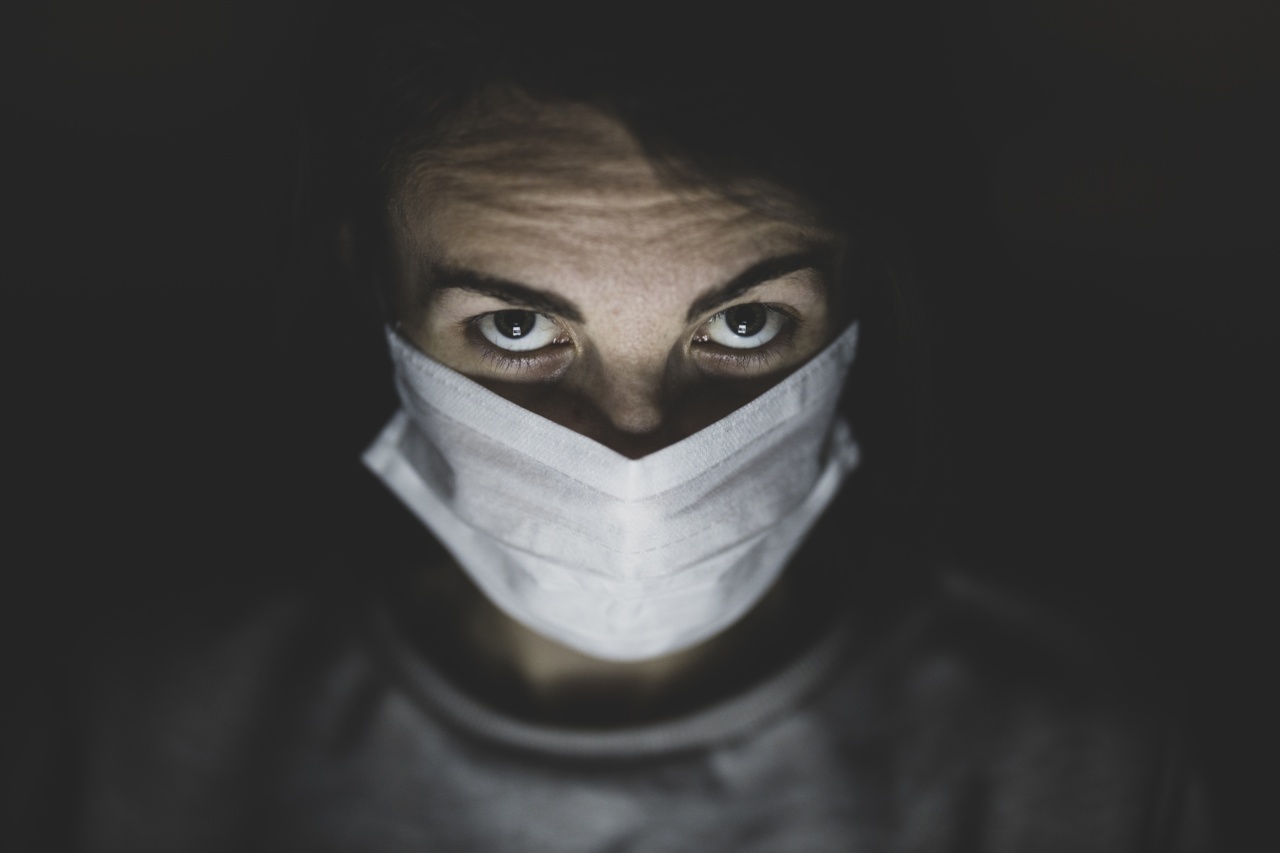Chlamydia is a sexually transmitted infection (STI) that is caused by a bacterium called chlamydia trachomatis. It is one of the most common STIs in the United States, affecting both men and women.
However, men are often not aware of the symptoms of chlamydia and may ignore them, which can lead to serious health complications. In this article, we will discuss the dangers of ignoring chlamydia symptoms in men.
What Are the Symptoms of Chlamydia in Men?
Unfortunately, many men with chlamydia have no symptoms at all. When symptoms do appear, they can vary from person to person. Some of the most common symptoms of chlamydia in men include:.
- Pain or discomfort during urination
- Discharge from the penis
- Lower abdominal pain
- Burning or itching around the opening of the penis
- Painful or swollen testicles
If you experience any of these symptoms, it is important to see a healthcare provider as soon as possible. Ignoring these symptoms can lead to serious health complications down the road.
The Dangers of Untreated Chlamydia in Men
If left untreated, chlamydia can lead to a number of health problems. Some of the most serious complications of chlamydia in men include:.
- Infertility
- Epididymitis (inflammation of the epididymis, a tube that carries and stores sperm)
- Prostatitis (inflammation of the prostate gland)
- Reactive arthritis (an inflammatory joint condition)
- Urethritis (inflammation of the urethra)
Chlamydia can also increase the risk of getting another STI, such as HIV. It is important to seek treatment for chlamydia as soon as possible to avoid these complications.
How is Chlamydia Diagnosed and Treated in Men?
If you think you may have chlamydia, it is important to see a healthcare provider. They will perform a physical exam and may take a sample of discharge from your penis for testing. They may also test your urine for the presence of chlamydia.
If you test positive for chlamydia, your healthcare provider will prescribe antibiotics to treat the infection.
It is important to take the entire course of antibiotics as prescribed, even if your symptoms go away before you have finished the medication.
Your healthcare provider may also recommend that you abstain from sexual activity until you have completed your antibiotics and are no longer infectious.
They may also recommend that your sexual partner(s) be tested and treated for chlamydia to prevent the infection from being passed back and forth.
Preventing Chlamydia in Men
The best way to prevent chlamydia is to practice safe sex. This includes using condoms or other barrier methods during sexual activity. It is also important to get tested regularly for STIs, especially if you are sexually active with multiple partners.
It is also important to communicate openly with your sexual partner(s) about their sexual history and any STIs they may have had in the past. This can help you make informed decisions about your own sexual health and prevent the spread of STIs.
Conclusion
Chlamydia is a common STI that can have serious health consequences if left untreated. Men who ignore the symptoms of chlamydia put themselves at risk for infertility, epididymitis, prostatitis, reactive arthritis, and other complications.
It is important to seek medical treatment as soon as possible if you think you may have chlamydia. Preventing chlamydia is possible through safe sex practices and regular STI testing.































